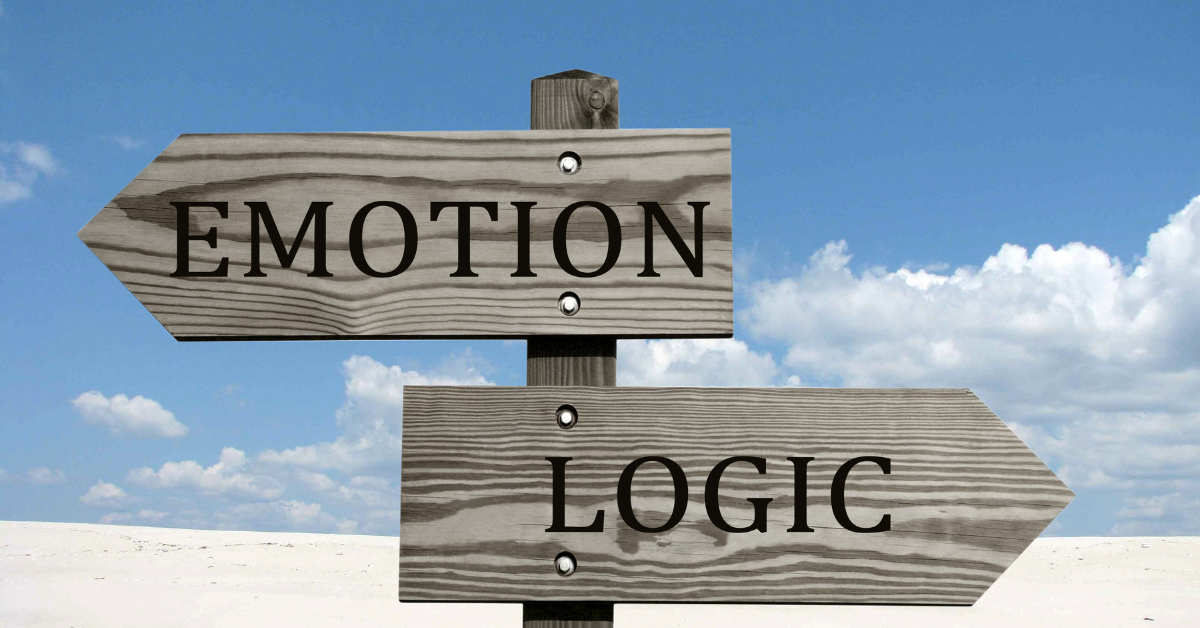A Comprehensive Guide for Beginners
In today's fast-paced world, mental health issues like anxiety and depression are increasingly prevalent. Fortunately, there are evidence-based therapies like Cognitive Behavioral Therapy (CBT) that offer effective tools for managing these challenges. If you're new to CBT or considering it as an option, this comprehensive guide will provide you with all the information you need to get started.
What is Cognitive Behavioral Therapy (CBT)?
CBT is a widely recognized and extensively studied form of psychotherapy. It's grounded in the understanding that our thoughts, feelings, and behaviors are interconnected. By addressing and modifying negative thought patterns and behaviors, CBT aims to alleviate symptoms of various mental health conditions.
CBT Techniques
- Cognitive Restructuring: This technique involves identifying and challenging irrational or negative thoughts. By replacing these thoughts with more realistic and balanced ones, individuals can change their emotional responses.
- Behavioral Activation: CBT encourages individuals to engage in activities they enjoy or find meaningful, even when they don't feel like it. This helps counteract feelings of depression and promotes a sense of accomplishment.
- Exposure Therapy: Often used to treat anxiety disorders, exposure therapy involves gradually exposing oneself to feared situations or stimuli in a controlled environment. Over time, individuals learn to tolerate and manage their anxiety responses.
CBT Exercises
- Thought Record: Keep a journal of your thoughts and associated emotions throughout the day. This can help you identify patterns and triggers for negative thinking.
- Behavioral Experiments: Test out new behaviors or ways of thinking to challenge your existing beliefs. For example, if you believe you're incapable of socializing, try initiating a conversation with someone new.
- Relaxation Techniques: Practice deep breathing, progressive muscle relaxation, or mindfulness meditation to reduce stress and promote relaxation.
CBT for Anxiety and Depression
CBT has been extensively researched and proven effective for treating anxiety and depression. By targeting the underlying cognitive and behavioral factors contributing to these conditions, CBT helps individuals develop healthier coping strategies and improve their overall quality of life.
CBT Effectiveness
Numerous studies have demonstrated the effectiveness of CBT across a range of mental health disorders. It's often recommended as a first-line treatment due to its evidence-based approach and relatively short duration. Many individuals experience significant symptom improvement after just a few sessions of CBT.
In conclusion, Cognitive Behavioral Therapy (CBT) offers a practical and evidence-based approach to managing anxiety, depression, and other mental health challenges. By understanding the principles of CBT and implementing its techniques and exercises, individuals can take proactive steps towards improving their mental well-being. If you're considering therapy, don't hesitate to explore CBT as a valuable option on your journey to mental health recovery.










